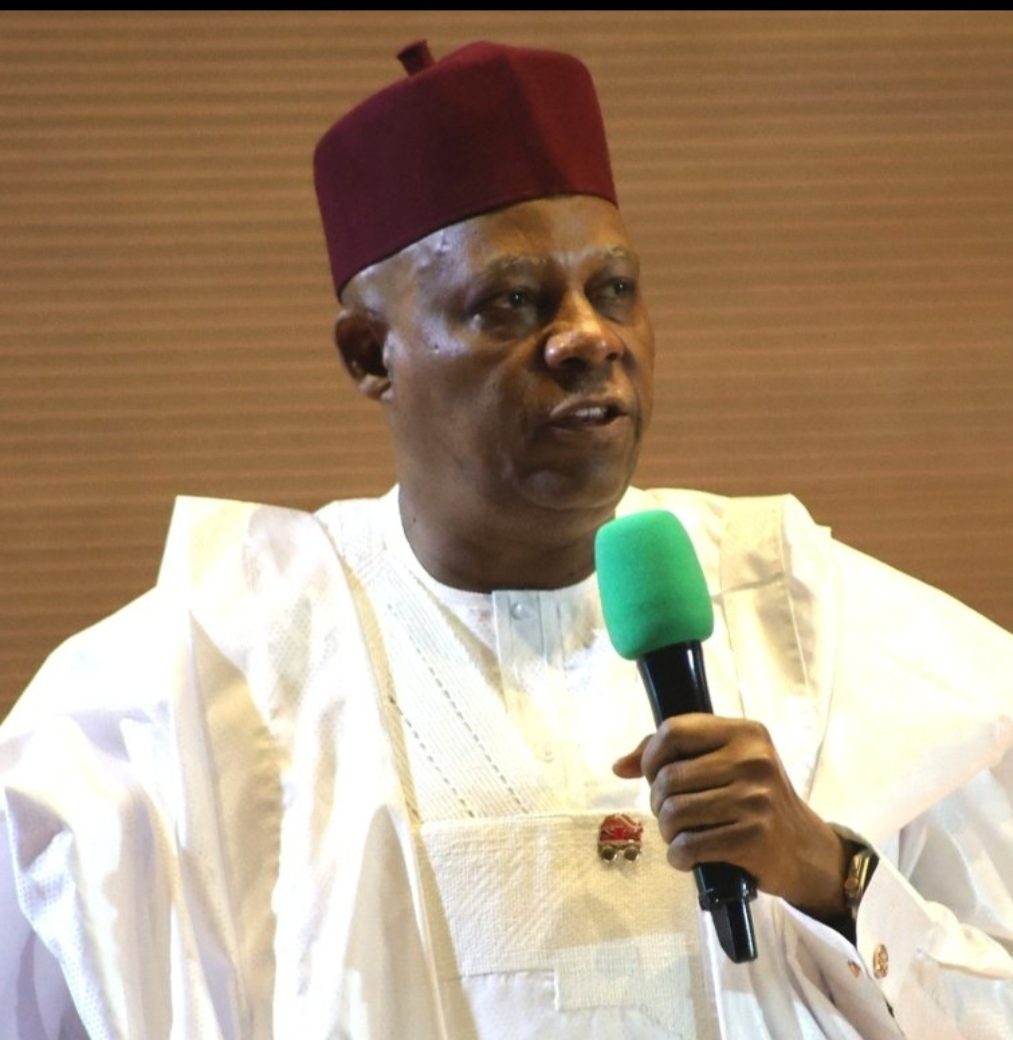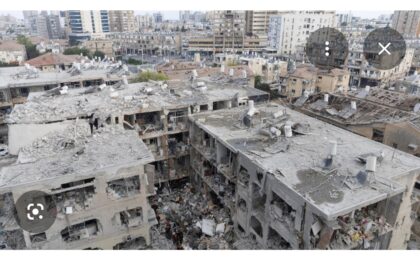
President Bola Ahmed Tinubu has praised the Ola Olukoyede leadership of the Economic and Financial Crimes Commission, EFCC for achieving new heights in asset recovery and convictions.
He gave the commendation in his keynote address and official opening of the 7th EFCC-NJI Capacity Building Workshop for Justices and Judges, on Monday, October 20, 2025 at the National Judicial Institute, Abuja with the theme: “Enhancing Justice in the Fight against Economic and Financial Crimes.”
Represented by Vice President Kashim Shettima, The president stated that, “As an administration we have prioritized public accountability by strengthening the anti-corruption agencies and accorded them the needed independence to execute their statutory mandates. This enabling environment is evident in the impact that has been made in the last two years.
“The EFCC for example has recorded over 7,000 convictions in the first two years of the present administration and recovered assets in excess of Five Hundred Billion Naira. Recovered proceeds of crime by the agency have been ploughed back into the economy to fund critical social investment programmes, including the Students Loan and Consumer Credit schemes.”
Tinubu called on judges and justices to give their utmost in the fight against corruption, noting that the judiciary was critical to a successful anti-crime fight. Corruption, he said, can be rooted out in the country if citizens choose to do what is right and those who deviate are punished accordingly.
“We have an opportunity to consolidate the efforts of the last two years to deliver an optimal anti-corruption framework that will support our peaceful growth and development. A Nigeria free of corruption is possible, if we all commit to doing what is right in our respective spheres of influence and ensuring that those who deviate from the norm are not allowed to go scot-free. A robust judicial system is central to the success of anti corruption efforts and I count on our judges.
“We have allowed both the judiciary and the anti-graft agencies to exercise their constitutional and statutory powers to dispense justice and restore sanity. The evidence is before your eyes. We cannot claim to have excelled in our pursuit of a transparent system if we do not live by such examples. Courts and judges are strong pillars of the anti-corruption process. Except the society has full confidence that those who pillage our resources will be subjected to the rule of law and brought to justice through a fair and transparent process of adjudication, the sneers over our collective commitment to fighting corruption will only get louder. This point should resonate with your lordships. Your vantage position on the bench does not insulate you from the consequences of corruption.
“There are no special roads, hospitals or communities for judges. We all shop in the same markets and face the same risk of insecurity which is a culmination of decades of willful theft and wastage of the nation’s resources by corrupt public officials. I believe that it is in the interest of all Nigerians, members of the executive, the legislature and the judiciary to join hands in this important task of fighting and winning the war against corruption in Nigeria,” he said.
In his opening remarks, Olukoyede noted that though he had always been conscious of the enormous role of the judiciary in enforcing the rule of law and accountability in the course of his work in fraud management and regulatory compliance, the last two years of superintending the affairs of the EFCC have further brought the importance of the judiciary as the cornerstone in the fight against corruption into sharper focus.
He regretted the long-winding courtroom procedures that encumber the Commission’s progress in high profile corruption cases.
Share this:
- Share on X (Opens in new window) X
- Share on Facebook (Opens in new window) Facebook
- Share on WhatsApp (Opens in new window) WhatsApp
- Share on Pinterest (Opens in new window) Pinterest
- Share on Telegram (Opens in new window) Telegram
- Share on Tumblr (Opens in new window) Tumblr
- Share on LinkedIn (Opens in new window) LinkedIn
- Share on Reddit (Opens in new window) Reddit


